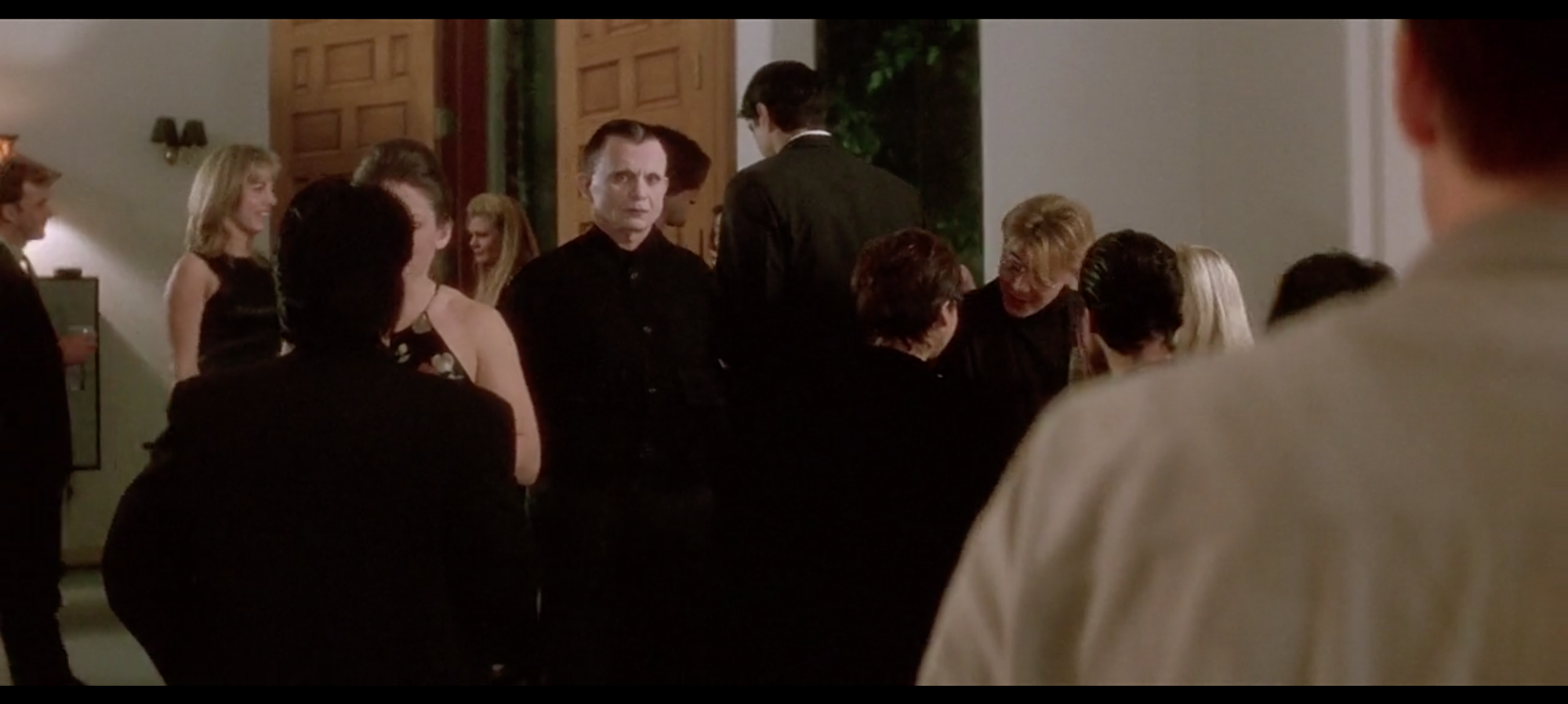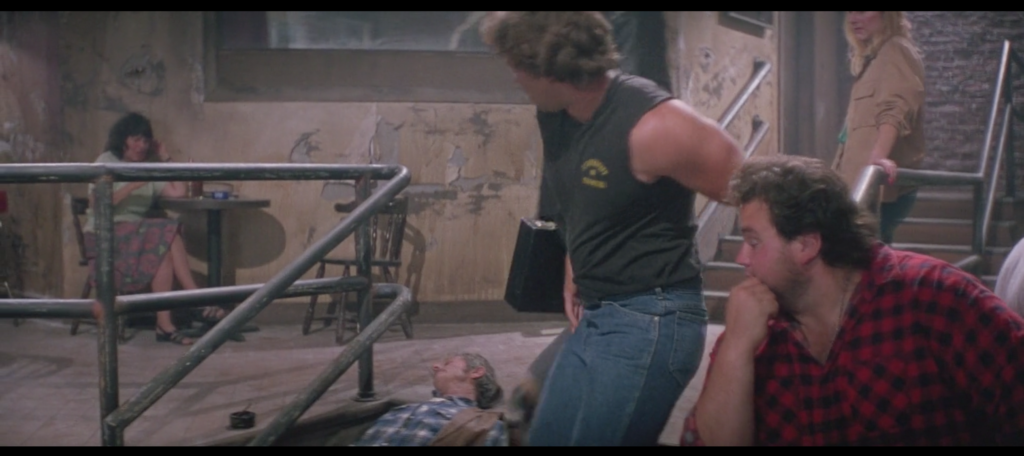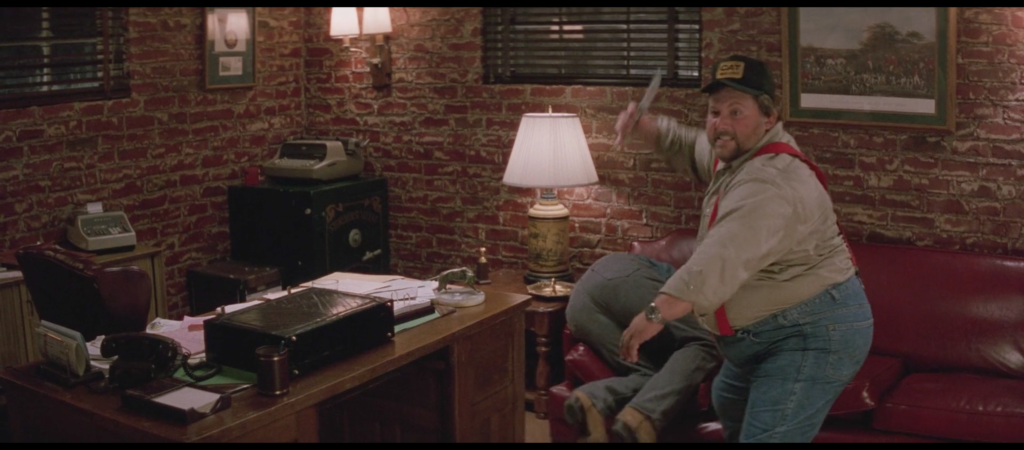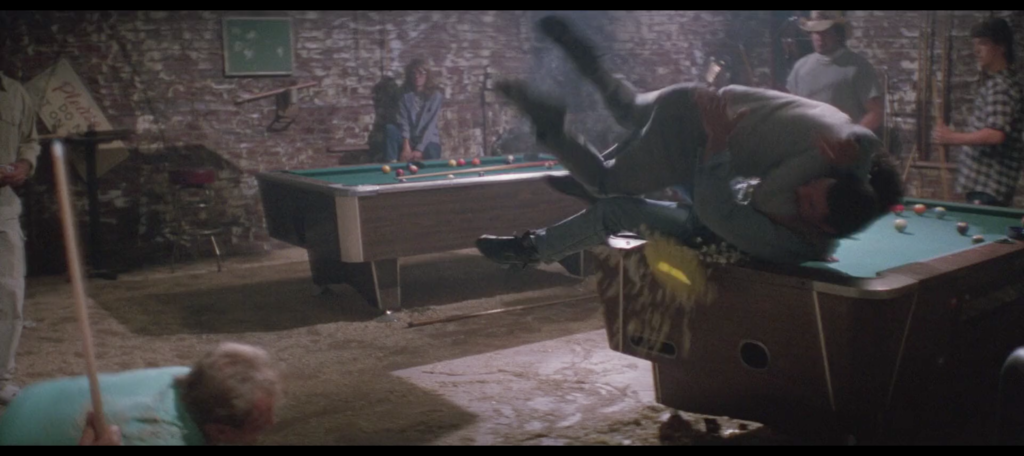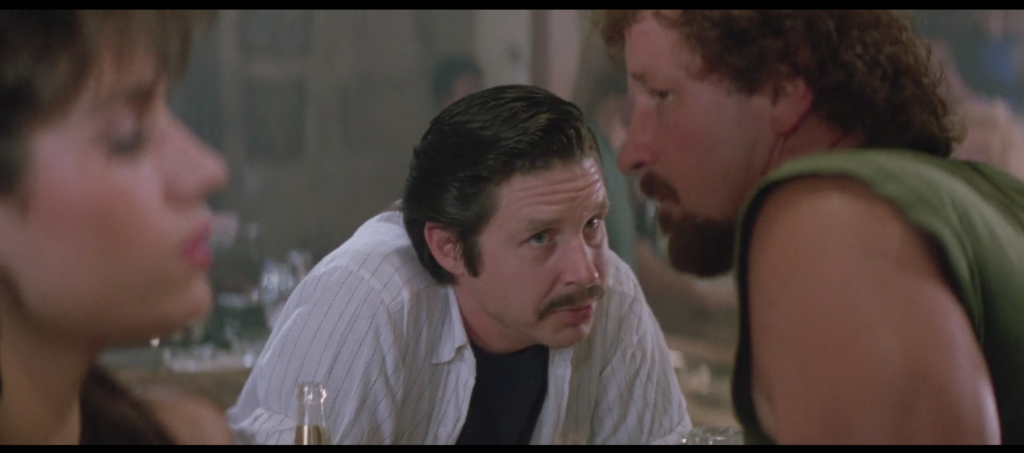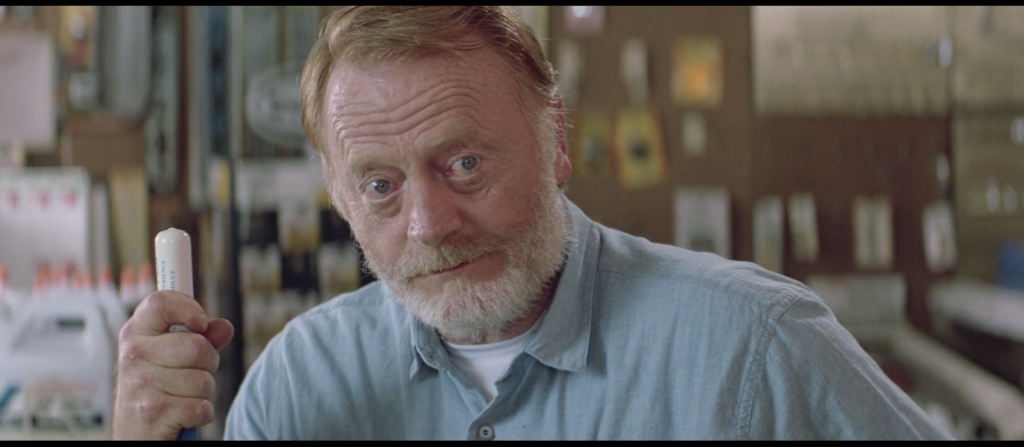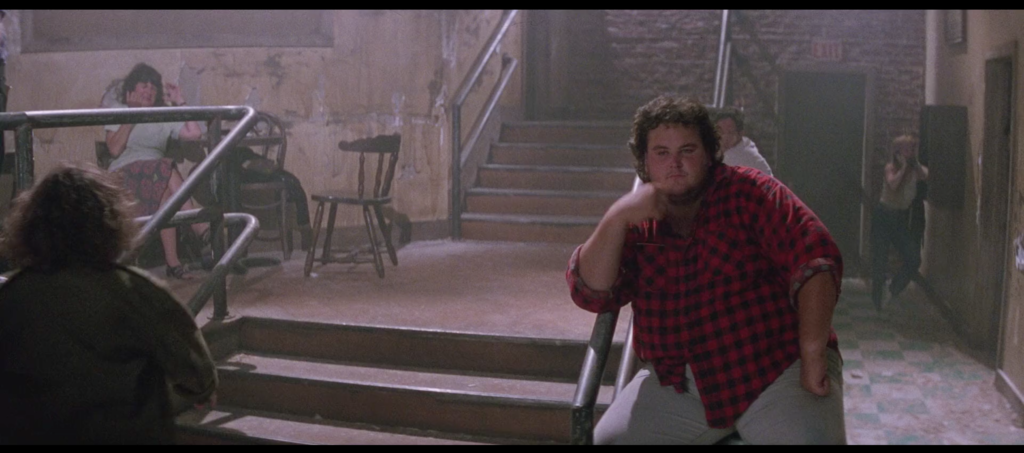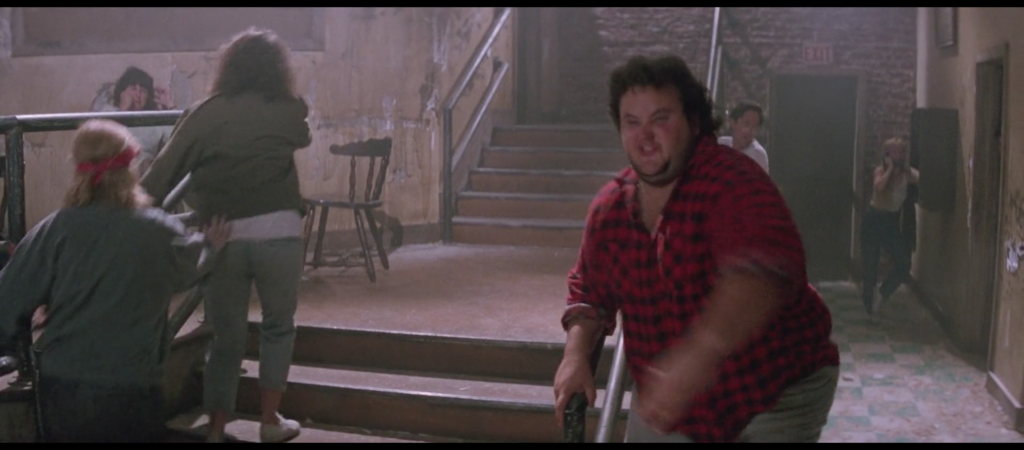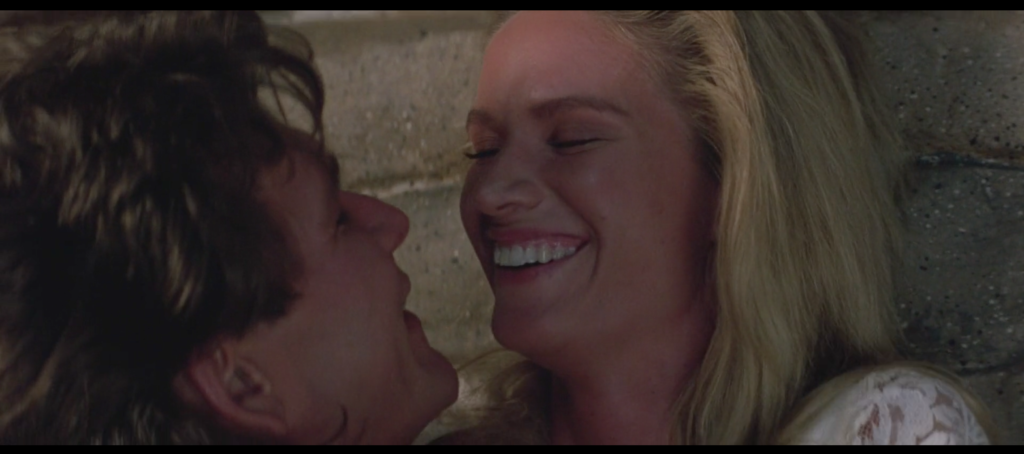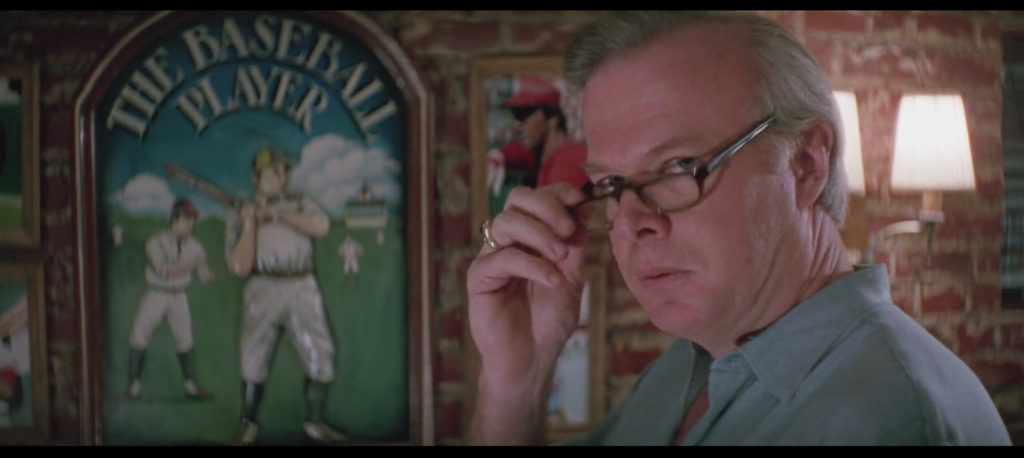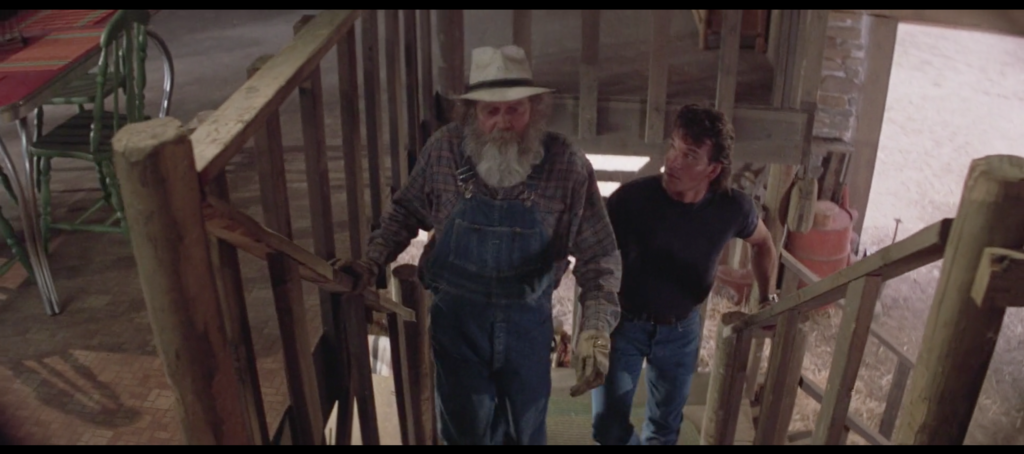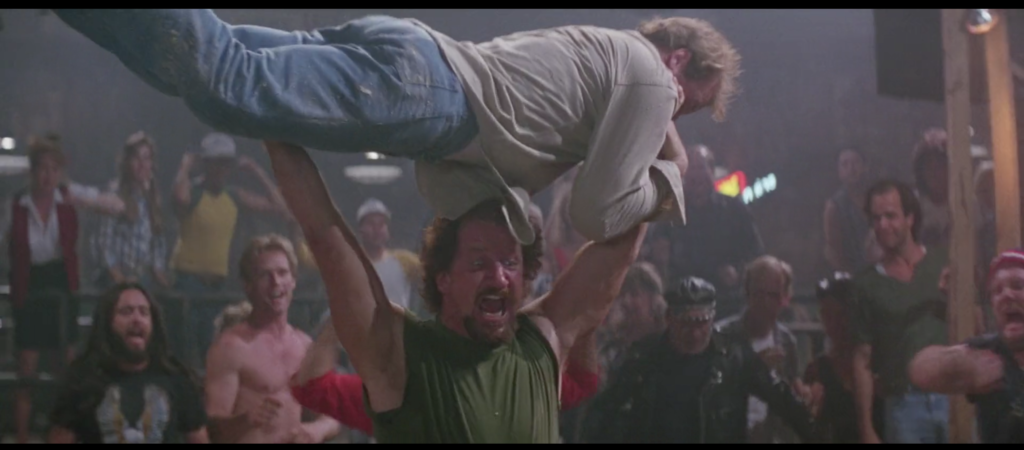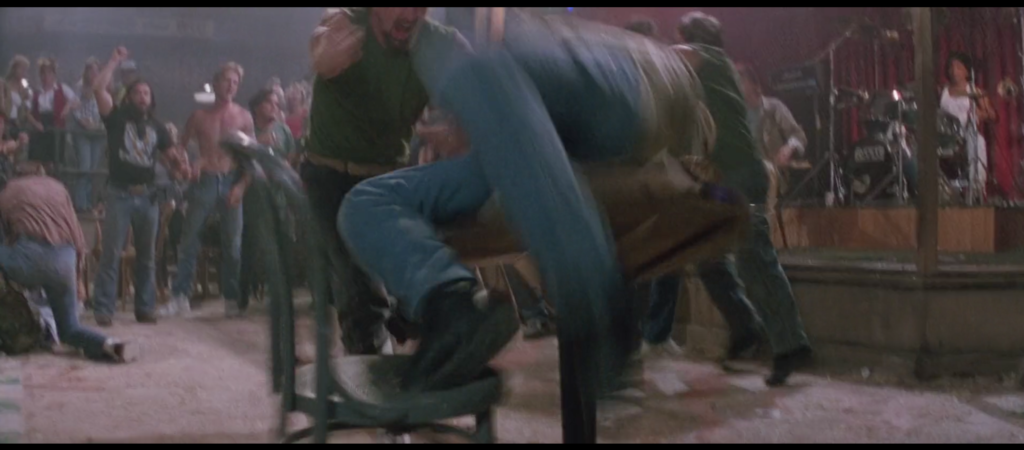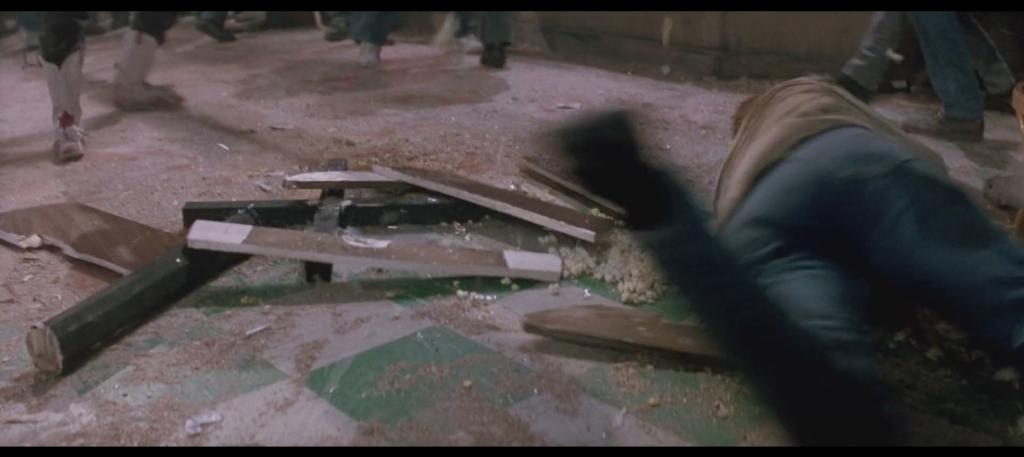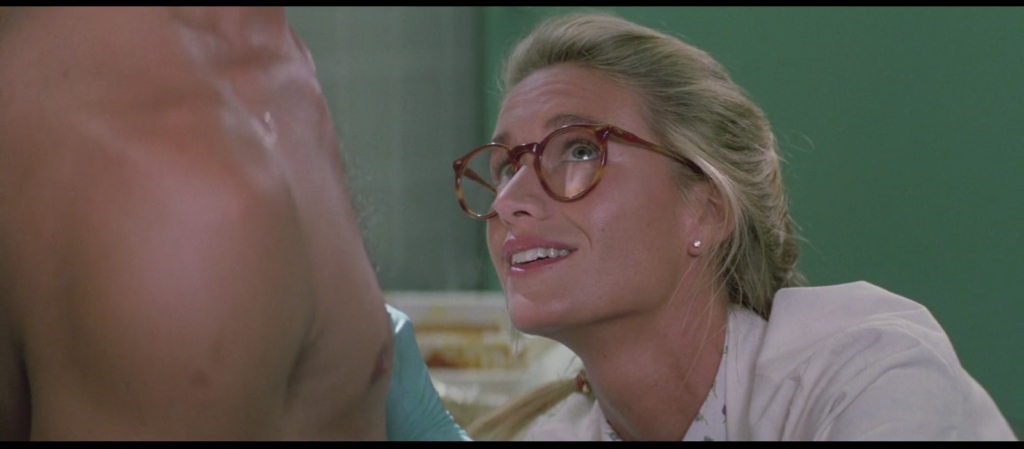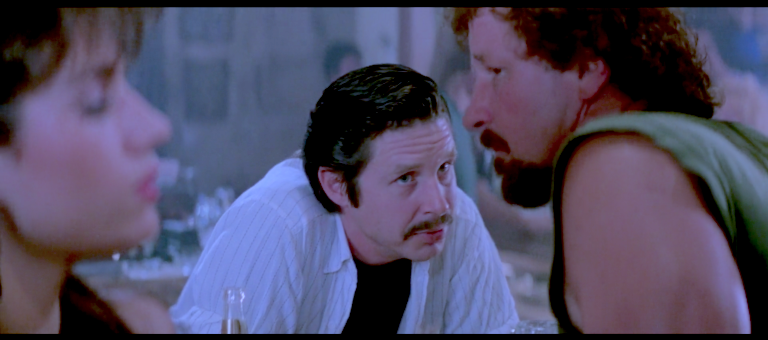
[Chorus: Pat McGurn and Morgan]
I heard Frank Tilghman hired fuckin’ Dalton
And yeah we’re fuckin’ fucked, that guy is fuckin’ Dalton
I heard Frank Tilghman hired fuckin’ Dalton
And yeah we’re fuckin’ fucked, that guy is fuckin’ Dalton
I heard Frank Tilghman hired fuckin’ Dalton
And yeah we’re fuckin’ fucked, that guy is fuckin’ Dalton
He’s firing somebody real, fired by fuckin’ Dalton
Send your goons to the bar, maybe he’ll assault them
[Verse 1: Tilghman]
Hold up, Jasper simmer down
Hiring the best, bitch, now he’s here in town
Flew to New York, saw him shirtless, lookin’ fine
Ooh, baby check him out, you’ll go Jeffrey Healey blind
(Uhh)
Hey Pat, black coffee
Serve this motherfucker cuz he drinks for free
Tell these motherfuckers who they think they see
Put his feet through your teeth then he’ll break your knee
Cuz he’s the cooler, the cooler cooler, like he’s your ruler
Teaching rules too, he’s gonna school you, don’t suffer fools too
He should carpool, like many fools do he searched for faith down at NYU
Hospitalize you, that’s what he will do
Here’s my money, gonna give you six figures, man
I thought you would be bigger, man
Wesley’s fuckin’ parties make too much fuckin’ noise
Break into Brad’s house, kill his fuckin’ boys
Beast
[Chorus: Pat McGurn and Morgan]
I heard Frank Tilghman hired fuckin’ Dalton
And yeah we’re fuckin’ fucked, that guy is fuckin’ Dalton
I heard Frank Tilghman hired fuckin’ Dalton
And yeah we’re fuckin’ fucked, that guy is fuckin’ Dalton
I heard Frank Tilghman hired fuckin’ Dalton
And yeah we’re fuckin’ fucked, that guy is fuckin’ Dalton
He’s firing somebody real, fired by fuckin’ Dalton
Send your goons to the bar, maybe he’ll assault them
[Verse 2: Morgan]
Ooh, I know you love it when I bounce a guy
Make you think about all of the incidents I trounced a guy
Go into the bathroom and ask Judy for an ounce to buy
Think I’ll tell him “You’re a dead man,” mispronounce a guy
Oh word? Ain’t heard of Wesley? He’ll denounce this guy
Beating up O’Connor, make him bleed some fluid ounces guy
Carrie Ann announced this guy, see his mullet flounces guy
Then ju—okay, I got it
Then just watch Jimmy as he pounds this guy
It will get awkward when we watch as Jimmy mounts this guy
I heard that his testes were sufficient for a dump truck
Then he said “Opinions vary” and I felt like such a dumbfuck
Gonna call Wade Garrett “Dad,” comparatively I’m a young buck
Then I’m gonna die offscreen while wearing moonboots, just my dumb luck
Yes, Lord, but for now I’m fit and able
Gonna pick some guy up, throw him through a table
I’m beast
[Chorus: Pat McGurn and Morgan]
I heard Frank Tilghman hired fuckin’ Dalton
And yeah we’re fuckin’ fucked, that guy is fuckin’ Dalton
I heard Frank Tilghman hired fuckin’ Dalton
And yeah we’re fuckin’ fucked, that guy is fuckin’ Dalton
I heard Frank Tilghman hired fuckin’ Dalton
And yeah we’re fuckin’ fucked, that guy is fuckin’ Dalton
He’s firing somebody real, fired by fuckin’ Dalton
Send your goons to the bar, maybe he’ll assault them
[Verse 3: Pat McGurn]
Uhh
I’m Pat, this the finale
A big truck at the Wagon Days rally
I’m behind the bar, taking money from the tally now
Told me take the train and told me not to dilly-dally
Mmm
Uncle Brad on the line, mad on the line
He’s opening two Dillard’s at the same damn time
Frank’s eyeing me like he still wants to have sex
Girl, I am John Doe from X
Girl, I’m Patrick McGurn
AKA Brad looks at me with concern
He gives me money that I do not earn
Lists me as a dependent on his tax return
Mmm
Kill ’em all, dead bodies in the hallway
Dalton’s involved, and my chest got in his knife’s way
Mustache thin, Morgan thicker
Sister-son, chickendicker
Beast
[Chorus: Pat McGurn and Morgan]
I heard Frank Tilghman hired fuckin’ Dalton
And yeah we’re fuckin’ fucked, that guy is fuckin’ Dalton
I heard Frank Tilghman hired fuckin’ Dalton
And yeah we’re fuckin’ fucked, that guy is fuckin’ Dalton
I heard Frank Tilghman hired fuckin’ Dalton
And yeah we’re fuckin’ fucked, that guy is fuckin’ Dalton
He’s firing somebody real, fired by fuckin’ Dalton
Send your goons to the bar, maybe he’ll assault them

